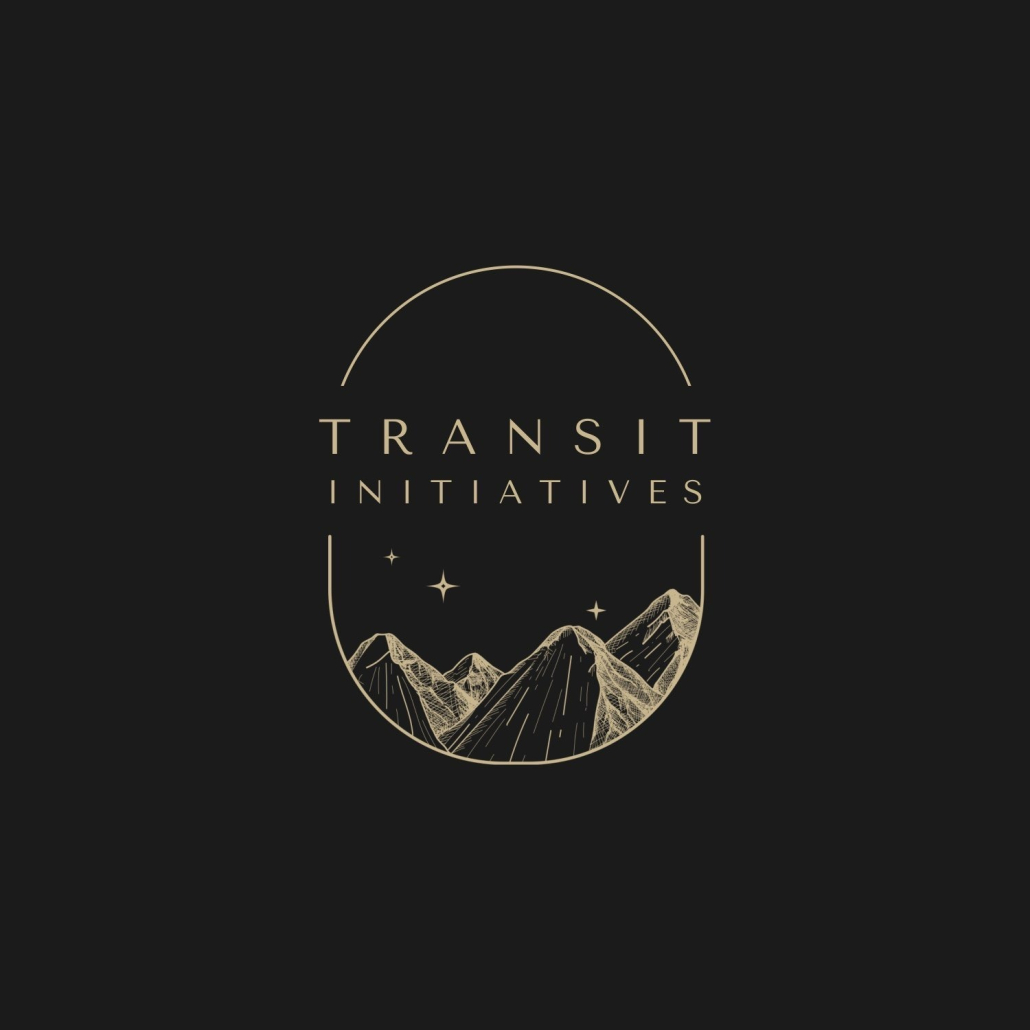Graduate student aims to assist Afghan citizens

When the crisis in Afghanistan began as a result of the United States’ military withdrawal that was announced in April and ended Aug. 30, Sara Yim knew she wanted to help her Afghan friends and their families get to safety outside of the country. As a result, Yim created a women-led, non-profit called Transit Initiatives that assists at-risk and vulnerable Afghan citizens with immediate evacuation from the country and movement to safer locations.
Yim previously worked in the United States Agency for International Development in the Office of Transition Initiatives before joining the social entrepreneurship master’s program at the Marshall School of Business. Yim said she hoped for a career pivot when she came to USC; however, when her former employees and friends reached out to her for help getting to safety, Yim offered assistance.
Many rescue organizations including Yim’s took a digital humanitarian approach when responding to the crisis in August.
“I’ve never seen anything like this, by the way, it’s a whole different amazing beautiful story about how all of us are responding like this with such a digital response,” Yim said.
Yim initially volunteered her time to get her friends and their families on planes out of Kabul or overland to Pakistan. For Yim, getting Afghans through the gates of the Hamid Karzai International Airport was one of the most horrendous experiences of her life as many friends and former colleagues made appeals to add their Afghan families on the charter manifest out of Kabul.
The ISIS-K bombings placed a dent on any hopes for departure by plane, even after the group navigated clearances from the U. S. Embassy in Kabul. As a result, Yim and her former colleagues pivoted to getting people out of Afghanistan through Mazar-i-Sharif and currently support the evacuations of 300 people through Mazar-i-Sharif.
Starting out as a group of women who wanted to help their friends, Transit Initiatives slowly became an organization that assists evacuating Afghans with the goal to help them settle.
“We recognize that we [are] in a space with a lot of veteran organizations who equally and emotionally felt the pain, and the call of duty to help support their allies,” Yim said. “Not only are we probably the only women-led organization in this space, but we are pretty focused on making sure civilian partners of the U.S. government and those at risk, in addition to those [military] partners, are also not forgotten in this conversation.”
Yim said she and her colleagues felt a duty to continue advocating for the safety and resettlement of Afghan military and civilian partners. She said that the Afghan people who risked their lives for democracy, human rights and to aid the U.S. government should not be left behind. Currently, Transit Initiatives includes six core members and a large network of volunteers primarily made up of former and current government officials, civilian and military partners and USC students.

Over the summer, Yim worked as a Viterbi School of Engineering fellow for a digital health startup called Frontida Records, co-founded by alumna Laura Roed. Frontida Records was created after its team volunteered at Camp Moria in Greece — Europe’s largest refugee camp before it was burned down in Sept. 2020. After her fellowship, Yim stayed in touch with Frontida Records, and its members helped her create a database for Transit Initiatives and volunteered with Transit Initiatives, including Roed.
“I wanted to help with the situation of people having to evacuate Afghanistan and the crisis there was pretty horrific to sit by and watch. So I knew Frontida, which is the name of my organization, could help their group and if it meant helping people get out safely then I figured it was worthwhile.” said Roed, a 2021 graduate.
According to Roed, besides serving as a digital health platform, Frontida Records also builds custom apps using a no-code platform. The workflow not only builds apps for healthcare settings but also for any humanitarian crisis organization.
With help from the Frontida Records team, the Transit Initiatives app manages to track Afghan contact information, immigration status and on their situation update, such as a person’s movement through different cities in Afghanistan and coordinating transportation for their escape.
Another USC affiliated organization that works with Transit Initiatives is the Los Angeles Blockchain Lab, a partner with the Viterbi School of Engineering. Heidi Pease, the CEO and co-founder of the organization, was introduced to Transit Initiatives through a team member at Her Code, an initiative within the Lab that helps women and underserved youth get access to blockchain, a system of recording information in a system that is difficult to change, hack, or cheat and is used in cryptocurrency.
Her Code worked with two STEM schools for young women in Afghanistan to provide greater accessibility to blockchain training to the students. However, when the U.S. military left Afghanistan, the teachers reached out to Her Code and said they were nervous because of the high risk nature at all-girls schools, which were targeted by the Taliban. The Her Code team agreed to help the teachers get to safety and collaborated with the Transit Initiatives team.
“When I first got involved, me and the Her Code team, we thought we would just be filling out excel spreadsheets or filling out applications and sending passport information along to the State Department or whatever relevant agency,” said Pease, a fundraising volunteer for Transit Initiatives. “…it quickly escalated into they cannot stay in their house, they need to find a safe house, or how do we get them to safety?”
Pease said that current initiatives in Afghanistan depended on local NGOs, nonprofits and volunteers. She said these different entities needed to work together and collaborate to be able to help the Afghanistan people.
For Yim, although Transit Initiatives currently holds volunteer fundraisers, it does not have the fundraising capacity and is one of the organization’s biggest challenges. Since her organization is new at fundraising, Yim said she is looking for support through professional fundraisers and grant writers as well as connections to foundations and charitable organizations.
Although many are interested in donating, the organization faces issues with donors who are apprehensive about the credibility of in-country funds. However, according to the U.S. Department of Treasury, in-country support, like Transit Initiatives, is covered by the U.S. government’s waiver on Taliban government sanctions. If donors choose to support in-country organizations, they should support organizations run by “humanitarian professionals” who have experience working in conflict locations, Yim said.
When reflecting on her time as a U.S. government official, Yim believes her experience at Transit Initiatives is some of the most important work she has been a part of.
“It is the most compelling work that I think I’ve done in my 15 years of progressive work in the humanitarian development space, and I’ve worked in various conflicts,” Yim said. “It is the most challenging, most emotional [experience] and it is something that I feel to my bone that I needed to play a role [in].”

